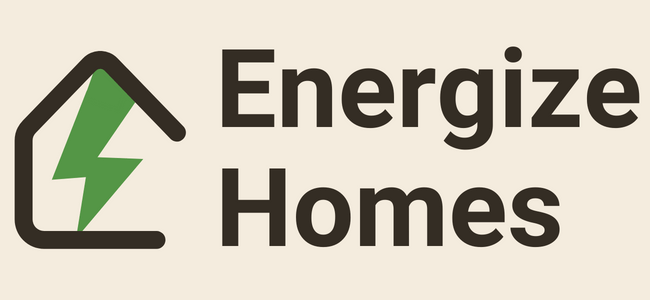Government Incentives for Heat Pump Installation in the U.S. Home: A Comprehensive Guide
With the increasing focus on sustainable energy solutions, heat pumps are coming to the forefront as efficient alternatives for home heating and cooling. But the question that often arises is, are there government incentives or rebates that can make this energy-efficient option more financially accessible? The answer is a resounding yes. Let’s dive deep into the various incentives available for U.S. homeowners.
Federal Tax Credits
Residential Energy Efficient Property Credit (REEP)
One of the primary incentives comes at the federal level in the form of the Residential Energy Efficient Property Credit (REEP). This tax credit can offset 26% of the cost of installing an ENERGY STAR-certified heat pump system, including labor and installation costs.
| Tax Year | Credit Percentage |
|---|---|
| Up to 2021 | 26% |
| 2023 | 30% |
Non-Business Energy Property Credit (NBEP)
This federal tax credit applies to specific energy-efficient improvements in homes, including some heat pump systems. It is generally capped at a maximum of $500 for all years combined.
State-Level Programs
Database of State Incentives for Renewables & Efficiency (DSIRE)
Many states offer additional incentives through their own programs. These can range from rebates and grants to low-interest loans. The Database of State Incentives for Renewables & Efficiency (DSIRE) is an excellent resource for identifying state-specific opportunities.
Utility Rebates
Local utilities often provide rebates for installing heat pumps, especially those with a high Seasonal Energy Efficiency Ratio (SEER) and Heating Seasonal Performance Factor (HSPF). These rebates can vary widely depending on the utility provider and the specific technology involved.
Demand-Side Management (DSM) Programs
Many utilities also offer Demand-Side Management (DSM) programs aimed at peak load reduction. Participating in these programs can bring about additional financial incentives.
Local and Municipal Incentives
Check with your local government as well; they may offer grants, subsidized financing, or rebates that aren’t widely advertised. These local incentives usually focus on both energy efficiency and reducing greenhouse gas emissions.
Renewable Energy Certificates (RECs)
In some states, installing a heat pump might make you eligible for Renewable Energy Certificates (RECs). These certificates can be sold or traded, offering another avenue for financial benefits.
Points to Consider
- Stacking Incentives: It’s often possible to “stack” multiple incentives, utilizing federal, state, and utility rebates together for maximum benefit.
- Pre-approval Requirements: Always check if pre-approval is required to avail of any rebate or incentive.
- Expiration Dates: Tax credits and rebates often have expiration dates. Ensure you complete the installation within the specified timeframe.
Conclusion
Installing a heat pump in your home is not just a step towards energy efficiency and climate resilience, but it can also bring considerable financial benefits through various government incentives. Utilize this guide to navigate the myriad of opportunities available for rebates and tax credits at federal, state, and utility levels. Always consult with a tax professional to ensure you meet all criteria for claiming these financial incentives.
By understanding these different avenues, you can significantly offset the costs associated with upgrading to a heat pump system, making this sustainable choice an economically viable one as well.
